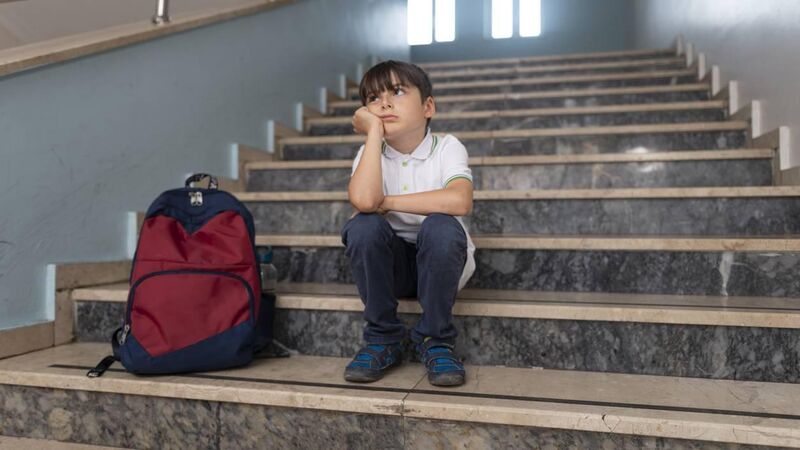Parents urged to rethink term-time holidays as primary school absences hit record high

Primary school principals believe anxiety around attending school, school reluctance, and school refusal is on the rise in children post-pandemic. File picture
Try from €1.50 / week
SUBSCRIBEThere are no official figure yet but primary school principals believe anxiety around attending school, school reluctance, and school refusal is on the rise in children post-pandemic.
“What we are seeing is tears, stresses, belly aches, headaches, things like that, from all ages,” one principal who spoke to the Irish Examiner said.
Already a subscriber? Sign in
You have reached your article limit.
Annual €130 €80
Best value
Monthly €12€6 / month
Introductory offers for new customers. Annual billed once for first year. Renews at €130. Monthly initial discount (first 3 months) billed monthly, then €12 a month. Ts&Cs apply.
CONNECT WITH US TODAY
Be the first to know the latest news and updates
Newsletter
Keep up with stories of the day with our lunchtime news wrap and important breaking news alerts.
Sunday, February 8, 2026 - 7:00 PM
Sunday, February 8, 2026 - 9:00 PM
Sunday, February 8, 2026 - 8:00 PM
© Examiner Echo Group Limited